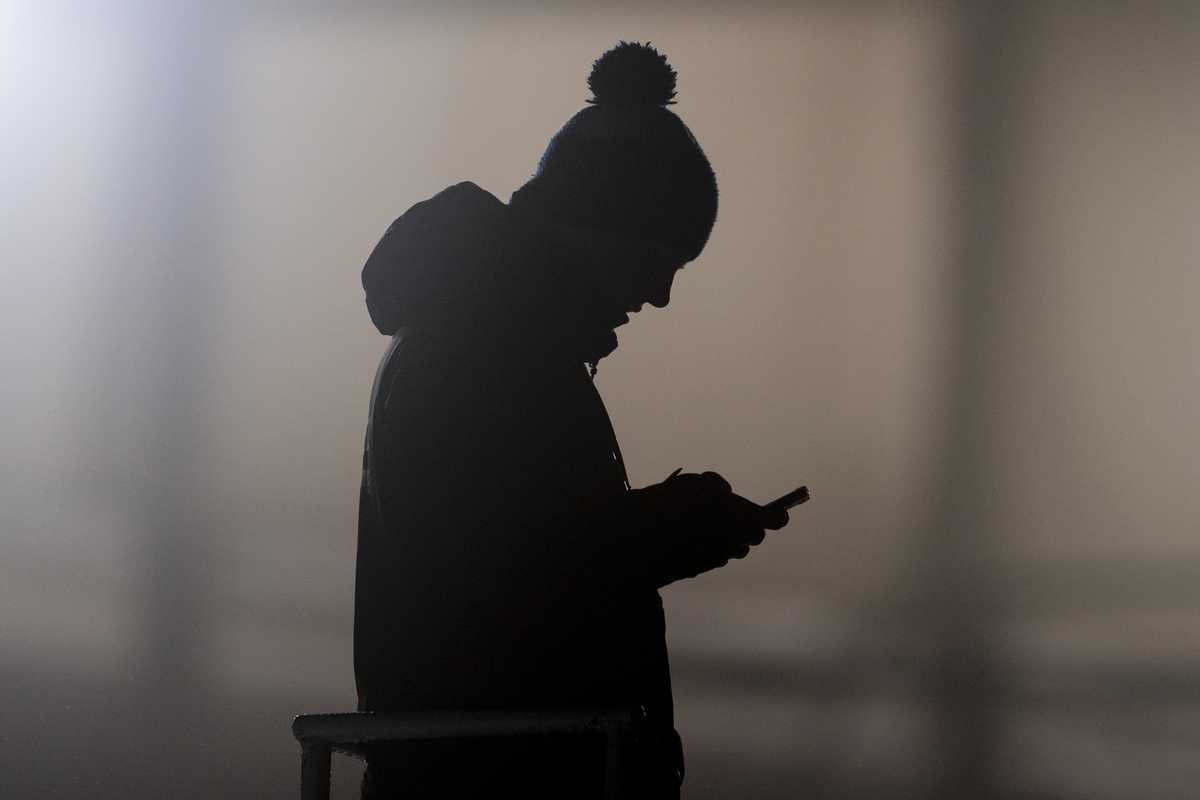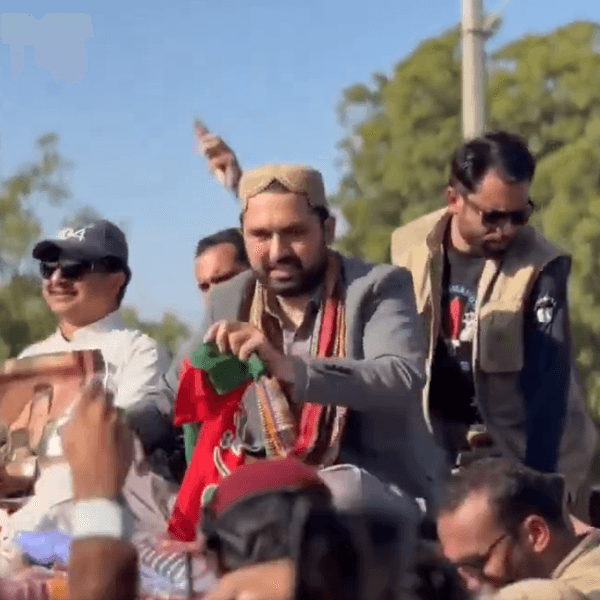Navigating mental health stigma in a desi household
Despite the uphill battles, a growing movement toward mental health awareness is slowly challenging these stigmas

Ammar Khaled

A growing movement toward mental health awareness is slowly challenging these stigmas
AFP
In South Asian cultures, mental health struggles like anxiety and panic attacks are dismissed or misunderstood
Younger generations are increasingly speaking up, encouraging conversations about anxiety, and depression
Mental health stigma continues to be deeply ingrained in desi households, shaped by cultural perceptions and traditional values. In many South Asian cultures, mental health struggles such as anxiety, depression, and panic attacks are often dismissed or misunderstood.
For instance, when a child or family member speaks about feeling anxious or stressed, the immediate response from many desi parents may be to brush it off as ‘ghabrahat’ (nervousness) or something minor. Others might attribute the condition to supernatural forces, such as a djinn (an otherworldly spirit in Islamic and South Asian folklore) or an evil spirit.
This response stems from a combination of factors, including a lack of education on mental health and the influence of generation-old beliefs. Mental health issues are often seen as a source of shame or embarrassment, both for the individual experiencing them and for the family.
Desi communities usually emphasize outward appearances, prioritizing career success, social status, and familial honor. A person grappling with mental health challenges may be seen as weak or unable to handle pressure, which can lead to alienation or even silence on the subject.
In recent years, mental health awareness has begun to challenge these stigmas. Younger generations are increasingly speaking up, encouraging open conversations about anxiety, depression, and panic disorders. Mental health professionals also bridge the gap by providing culturally sensitive therapy and counseling.
These efforts are slowly helping to normalize mental health discussions within households. As wellness counselor Tashfeen Ansari explains while speaking to Nukta, “Most mental health terms are derived from the West. Typically, desi people don’t have words in their language for such mental ailments.”
A critical aspect of improving mental health is the therapeutic power of open conversations. Simply sharing one's feelings with a trusted individual can bring immense relief. Speaking openly about struggles like anxiety can help the person feel understood and supported. Therapy and counseling also play a critical role, allowing individuals to process emotions in a safe, non-judgmental environment.
When asked about treatment and whether one should visit a psychiatrist or a therapist, Tashfeen states, “It’s essential to talk to somebody. Sometimes, there are so many different thought processes in our heads that they can jumble up and not make sense. As therapists, we have studied how to untangle and make sense of all those thoughts for any individual.” When desi families learn to listen with empathy instead of dismissing their loved one’s struggles, they can create a supportive space for healing.
While progress is slow, change is happening. As desi families embrace conversations about mental health, they take a vital step toward breaking generational cycles of silence. Overcoming this stigma will require consistent education, a cultural shift in attitudes, and ongoing awareness campaigns, such as mental health workshops, online initiatives, and culturally sensitive counseling programs.







Comments
See what people are discussing